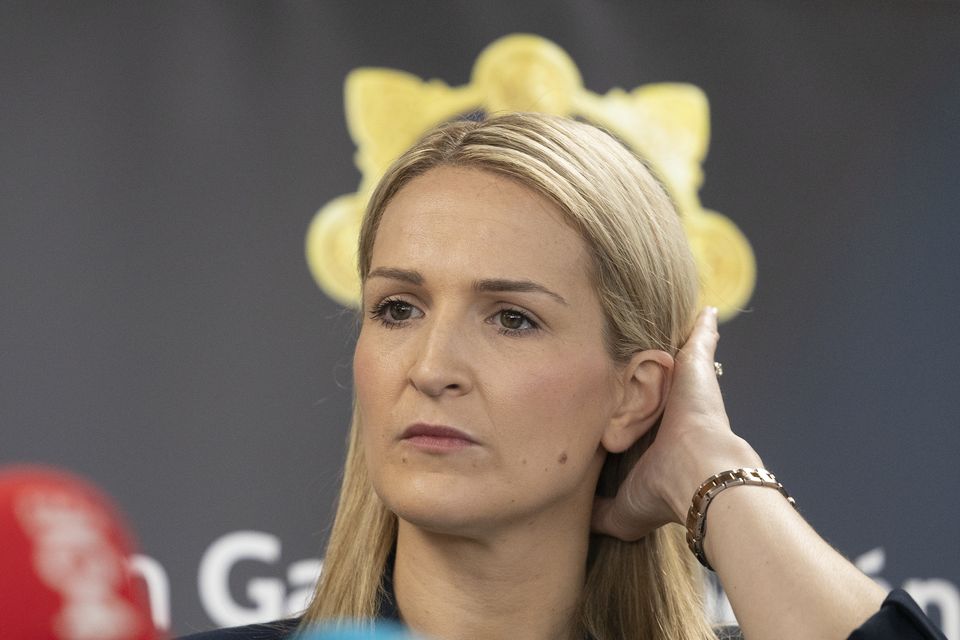Pay offered for garda reserves to be tripled under recruitment plan announced by Justice Minister Helen McEntee
Member numbers had collapsed by 70pc from 2013 peak
Justice Minister Helen McEntee. Photo: Collins
The amount paid to garda reserves will as much as triple under plans to be announced by Justice Minister Helen McEntee today.
Up to €3,000 will be paid to reserve members for 200 hours of volunteering, a significant increase from the current maximum tax-free stipend of €1,000 for at least 100 hours.
The increase comes as part of a new recruitment campaign for garda reserves by Ms McEntee.
A target of at least 1,000 reserve members has been set for 2026.
There are currently 341 serving members of the garda reserves, down more than 70pc from a peak of 1,164 in 2013.
There has been no recruitment to the reserves since 2017 and hundreds have left through non-deployment.
“The garda reserve represents a real opportunity for anyone wishing to support policing and give something back to their communities,” Ms McEntee said.
“Reserves bring a variety of experiences and perspectives to the organisation, including local knowledge and links to the communities in which they serve, which brings to life An Garda Síochána’s core value of community policing.”
A new graduated scale for stipends will apply, starting at €500 for 50 hours of volunteering.
Then 100 hours of volunteering will yield €1,000, and members will be paid €2,000 for 150 hours, followed by the top rate of €3,000 for 200 hours or more.
“Government has made a commitment to increase the garda reserve to 1,000 members by 2026,” Ms McEntee said.
“I have secured an increased stipend of up to €3,000 per annum for reserves and introduced regulations which provide for updated training and effective deployment of garda reserve members to support that.
“This is part of my overall plan to boost garda recruitment. We have significantly increased the garda training allowance by 66pc, increased the age of entry from 35 to 50, and will shortly enact legislation to increase the mandatory retirement age from 60 to 62.”
The plans by Ms McEntee mark the first changes to garda reserve regulations since it was created in 2006.
“This year 6,300 people applied to join An Garda Síochána, a significant increase on the number applying last year,” Ms McEntee said.
“No stone will be left unturned in boosting overall garda recruitment and I am continuing to look at additional measures we can take.
“The garda reserve is a big part of our plan. I wish all prospective applicants the best of luck and look forward to welcoming new members of the reserve.”
Under new regulations, full-time members of the force will be able to provide better support and supervision for reserves.
Reserves who wish to work more than the standard 208 hours a year will be allowed to do so – without further pay – while those who attend court will be considered on active duty.
Duties carried out by garda reserves include work with the Road Traffic Unit, policing public order incidents, helping with crowd control at large events, supporting everyday community policing work and ensuring public safety during state visits.
The new recruitment competition for the garda reserves is now open and closes on Friday, July 4.
Join the Irish Independent WhatsApp channel
Stay up to date with all the latest news










